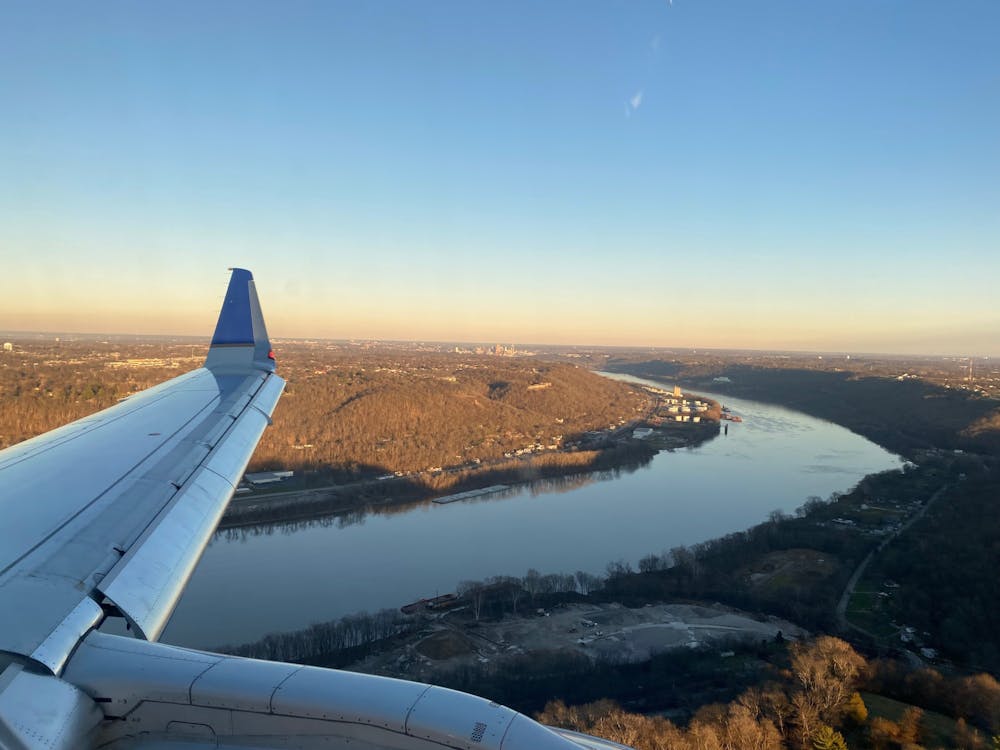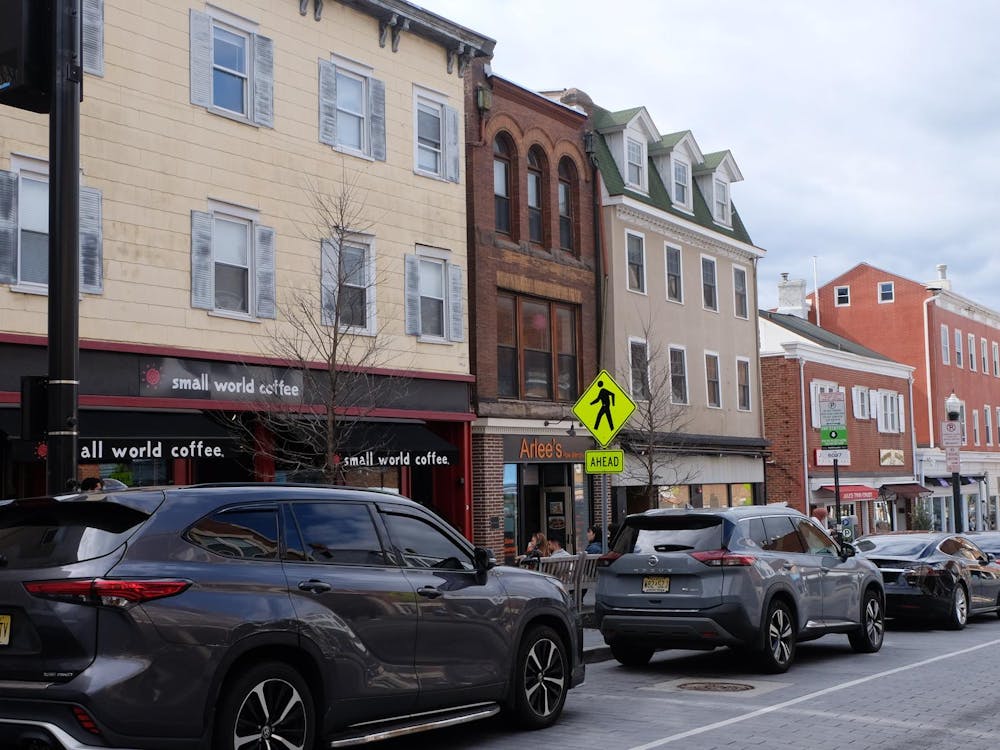Throughout my years, I’ve had the opportunity to live, and other times, I’ve had the task to survive. I was reminded of this while traveling home for the holidays. Scrolling through Twitter while waiting in an airport terminal, I stumbled across a short essay by Jonny Sun that reminded me of this distinction. The former allows — encourages — flourishing, while the latter necessitates endurance, at the cost of pretty much everything else.
I first came to know this distinction at the kitchen table. I remember biting into the first of a small pack of off-brand Oreo cookies moments before receiving the news that my dad had been diagnosed with cancer about a year earlier. Like the sweetness of the cookies cutting through that news in my memory, the delay was meant to lessen the blow of the actual diagnosis taking place within days of my maternal grandma’s death. There was hope in that delay — hope that still lived at the kitchen table.
What sucks about cancer in the family is that it takes over every corner of a child’s world, in spite of a mother’s every effort to lessen the shock, the worries, the uncertainties. Suddenly, you feel pitied by everyone, for reasons that you don’t fully understand as a child. Then, as you grow older and the cancer persists and returns and finally kills, you slowly begin to understand — I see now how it shifted my life, noticing the things of childhood I lost out on and the things of adulthood I gained prematurely. And then you try to make peace.
At least, you try to. But there are reminders.
Our current pandemic existence has been one such reminder, particularly about questions of time and survival.
Time is weird. It speeds up and slows down, and the same moment can feel eternal in the present before it suddenly seems brief once it becomes the past.
I remember time feeling eternal as a child. I’d lie awake at 4 a.m. on Christmas morning, unable to sleep any longer out of excitement. Each minute I spent waiting until I gave up on letting my parents sleep in until a reasonable hour felt like an eternity. As I passed from third to fourth, then fifth, then sixth grade, the time I spent waiting for my dad to no longer be sick seemed equally eternal. It felt like my whole life, and in those years, there was no end in sight. This coming summer will mark a decade since his death, and those four years in which I knew he was sick now feel like a blink in time.
As my patience with pandemic existence has eroded, I’ve kept turning back to how I try to make sense of that time in my life defined by a sick dad. It feels oddly familiar. Persisting month by month, week by week, day by day at the whims of a constant, resurging virus makes time slow down. It’s the lack of an end in sight that does so. You don’t know if you’re still at the beginning or if you’re almost near the end, so you intimately feel the passage of each day. You try to feel each day’s full worth.

And yet, 21 months already doesn’t seem like that much time to me; at least, not in the face of 21 years. Each individual day can still feel slow, but now that I’m older, it takes more days for it to feel like a long time, like an eternity. Still, what remains the same is the waiting.
Waiting is hard. This past year has been full of waiting. People waited for the vaccines to arrive, for the pandemic to end, for life to restart. Fundamentally, there’s been a wait for relief, and that’s what’s so exhausting. It’s exhausting because waiting for relief is ultimately a sign of surviving, not of living.
In the medical context of disease, survival can quite literally mean to simply not die. However, there’s also a layer of survival between life and death — a place where hope and dreaming and opportunity all go dormant as endurance and waiting and complacency take hold.
I didn’t realize this as a child, but looking back, it becomes all too clear that this is what I felt. Today, I sense it in my life again, but differently. Back then it was a deeply personal, internal feeling, while today, I can see it in nearly everyone’s faces and hear it in nearly everyone’s voices when conversation turns to pandemic existence.

The other difference is that now I can recognize this distinction between surviving and living in a way that my younger self simply didn’t have the language for. In my mind, this also gives me a choice I couldn’t fully access as a child: the choice of living amidst survival.
While the darkest times of this pandemic existence — the strictest isolation, the initial grave worry over getting sick or worse, and so on — have required existing in survival mode, I’ve also managed to find moments to be alive since then.
This past semester has afforded me so many of these moments, really. Meals with friends. The retreat I find in going to Rojo’s for coffee. The joy of reading something for a class that expands my understanding of myself and the world. The recklessness and risk of confessing feelings. The boost of achieving something, small or large. The pride in publishing a fantastic essay after many rounds of editing with its writer. The comfort in writing my own essays.
All these moments, in a time of survival, have helped me maintain hope, to keep dreaming, to keep seeking out opportunities. These moments, to me, are living, when surviving can seem like the limit while experiencing a pandemic.
Truthfully, despite spending a number of days thinking about this, I wasn’t sure how to write about it until Joan Didion’s death led me to discover a quote from a commencement speech she once delivered:
“I’m just telling you to live in it. Not just to endure it, not just to suffer it, not just to pass through it, but to live in it. To look at it. To try to get the picture. To live recklessly. To take chances. To make your own work and take pride in it. To seize the moment.”
Reading this, like reading Sun’s essay, was like reading what I’ve felt this past semester and discovered earlier in my life. It’s also what will carry me into a new year — one in which I’m determined not just to survive, but also to live.
José Pablo Fernández García is a junior from Ohio and Associate Prospect Editor at the ‘Prince.’ He can be reached at jpgarcia@princeton.edu.








